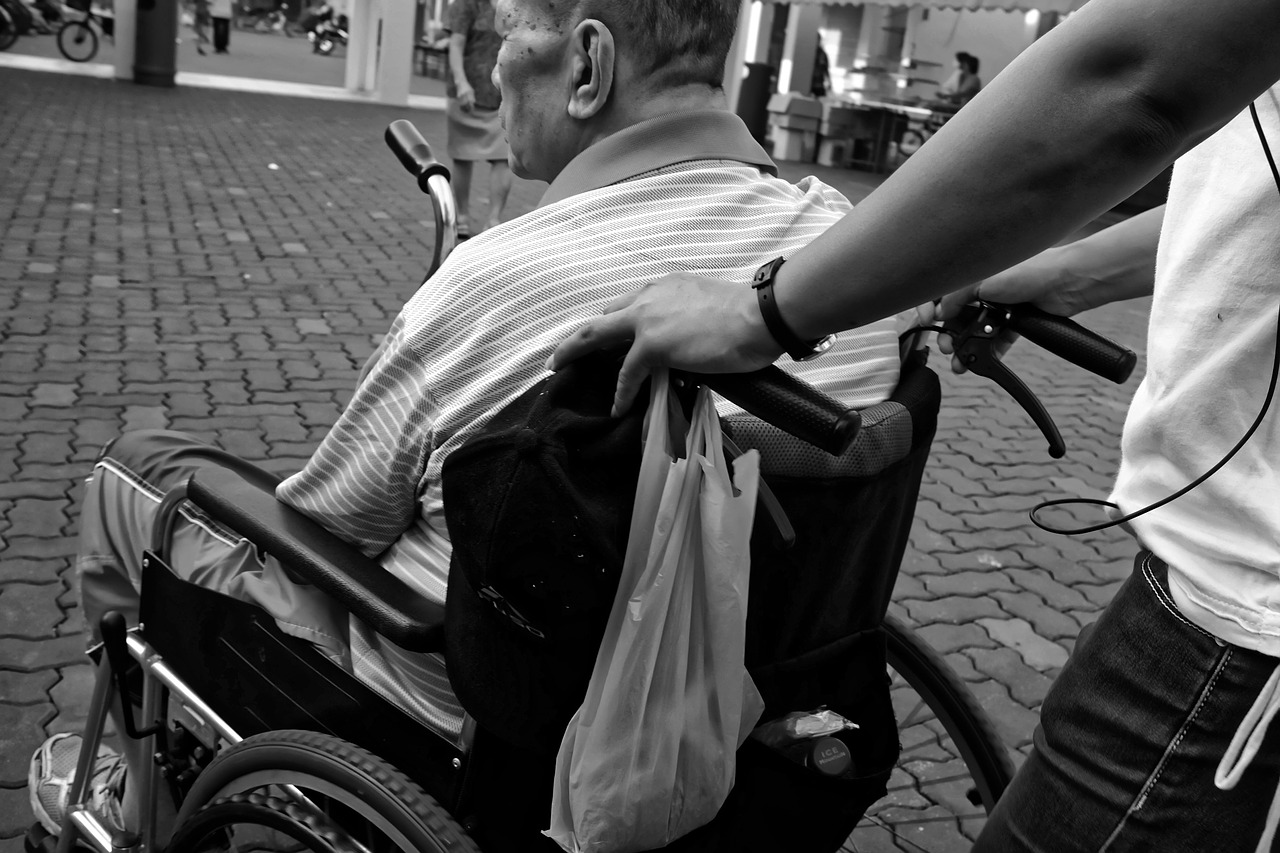The 2010s saw a notable shift in the source of financial support for those working as unpaid caretakers for friends or family members with long-term health issues, disabilities, or problems related to ageing.
According to recent data provided by Statistics Canada, between 2012 and 2018 the number of caregivers receiving government financial support dropped from 6.7% to 6.1%.
However, it appears that this cost was shifted elsewhere. During that same period, caregivers turning to friends and family for financial support climbed from 12.2% to 13%.
Provincially, British Columbia fared worse than Canada as a whole, as caregivers relying on friends and family grew from 11.6% to 18.6%, while those utilizing government support shrunk from 6.5% to 4.3% over the course of the decade.
One Prince George Resident, Caroline Parker, reflected on caring for her autistic adult son, Kyle.
“It takes a huge financial strain,” she commented, adding “it seems like government funding only really pays for what they see as best practice.”
She noted that in her experience, ‘best practice’ seems synonymous with ‘most cost-effective’.
Parker believes that more families are turning to friends and family for support instead of the government because of prohibitive barriers to receiving necessary aid.
“It can look really good in statistics, y’know, ‘families are just making it work’… I think a lot of families get pushed into the situation of having to exhaust their family and friends for help because we just get burned out.”
Another Prince George local, Debbie Cripps, remembered her experience as she and her brother became responsible for taking care of their mother who suffers from dementia, following the unexpected death of their father.
“If family steps up to help, the government sees they’re looked after and moves onto the next person,” she commented.
Although Cripps’ mother was moved into a care facility after a few months, Debbie recalled that her father accepted the role of an unpaid caretaker for nearly ten years.
Despite the shift from government aid to more personal financial support systems, Statistics Canada found that an overwhelming majority of unpaid caretakers in the country reported receiving no financial support at all.
Something going on in the Prince George area you think people should know about?
Send us a news tip by emailing [email protected].






